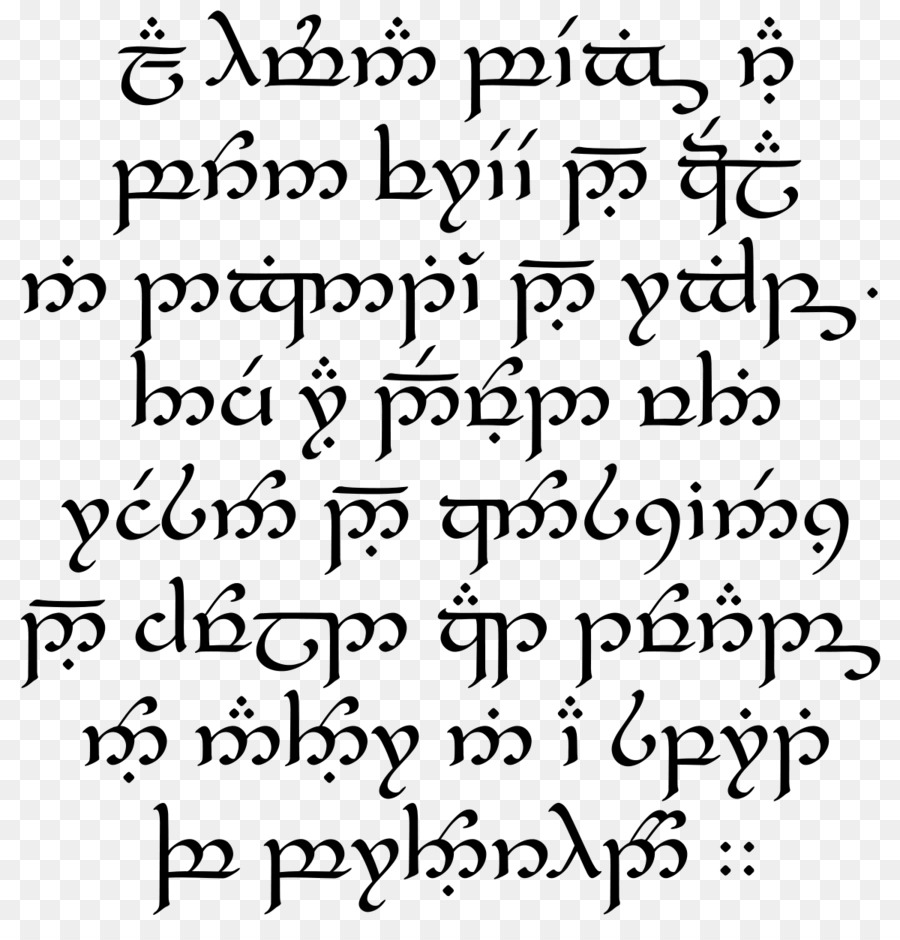No, conlangs are not languages spoken at cons (science fiction or mystery or cosplay conventions) — although they could be spoken at some of these. Nor are they languages spoken by convicts. The portmanteau word “conlang” simply means “constructed language.”
That brief explanation might not help.
The trouble is that the plain English word “constructed” confuses people because even well-educated individuals who haven’t studied linguistics can hold mistaken ideas about how language normally develops. Two types of misconceptions are common. Both types can be exemplified in a single sentence, such as “Why did they decide to pronounce Worcester so strangely?“ Here are the two misconceptions:
- Many (perhaps even most) people think that language is primarily written, not spoken.
- Many (perhaps even most) people think changes in vocabulary, spelling, pronunciation, and grammar come about through deliberate actions by certain mysteriously powerful individuals.
What does all this have to do with conlangs? It’s simply that both of these misconceptions are appropriate for constructed languages. But they don’t apply to natural languages:
- All natural languages are spoken (or signed), but not all are written. The written language, if there is one, is merely a representation of the spoken. But conlangs are usually the other way around: they are initially written, and then the spoken form, if there is one, is merely a representation of the written.
- All natural languages develop organically, not intentionally. Occasionally — France and Indonesia come to mind — the government or some organization attempts to intervene, sometimes even successfully. But the vast majority of the time a natural language (both spoken and written, and not always in sync) just grows and changes organically, with no human intervention being responsible.

When I was growing up, the best known conlang was Esperanto, with Volapük far behind, leaving everything else in the dust, such as Tolkien’s magnificent conlangs for the elves and other inhabitants of Middle Earth, which only a few of us language nerds paid attention to. But now television and movies have opened the doors to other conlangs, such as Klingon and Dothraki. Star Trek and Game of Thrones have opened the doors but have also imposed new constraints on what you can and must do when constructing a language: I mentioned vocabulary, spelling, pronunciation, and grammar above — but a good conlang also demands semantics, pragmatics, and a cultural context. You can try it, but first do a substantial amount of research!
Categories: Linguistics, Movies & (occasionally) TV